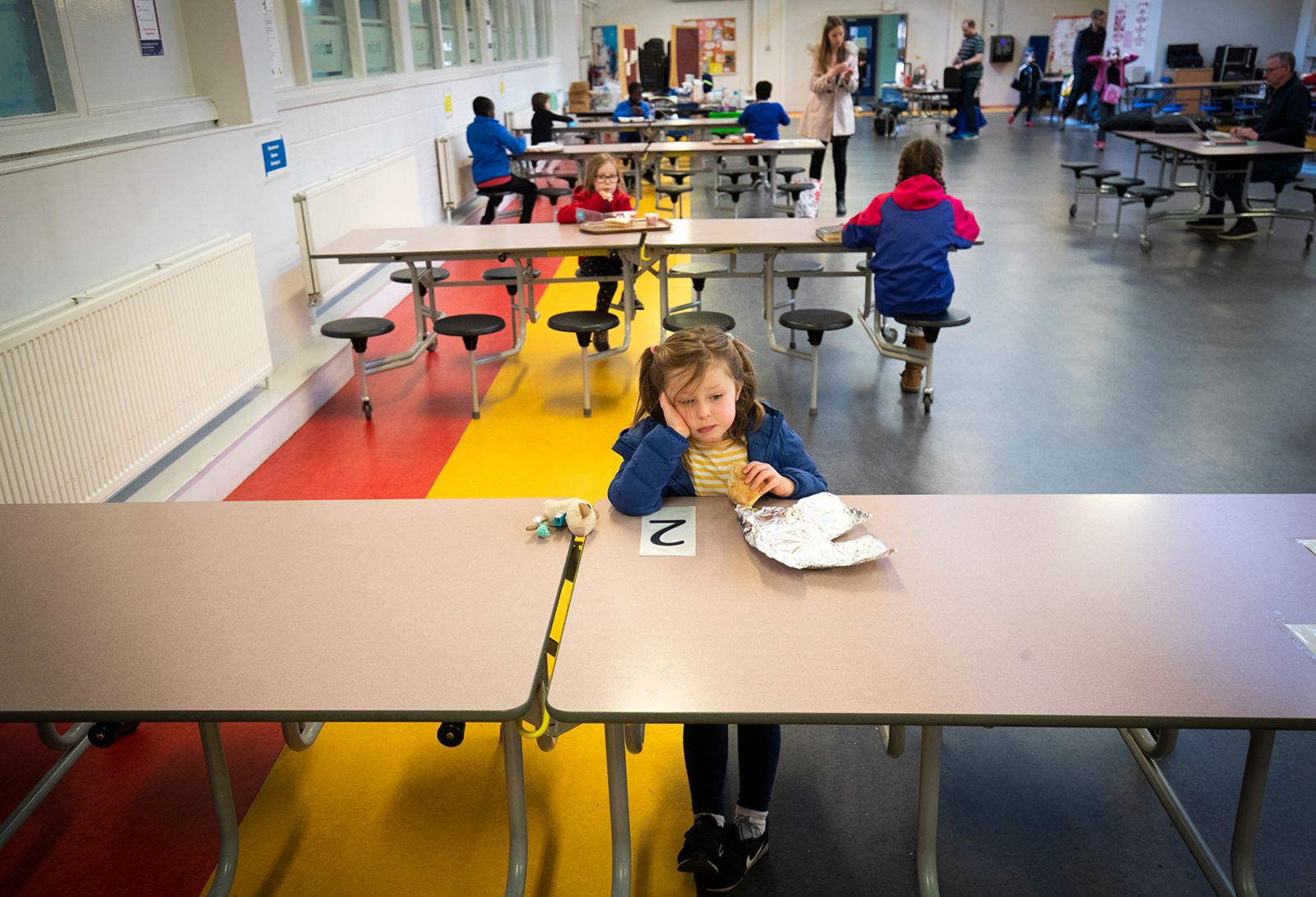
Image via CNN
With coronavirus surging in a number of states, most people’s hopes for a normal school year appear to be evaporating fast. School districts are working hard to put plans for socially distanced classes and distance learning in place to try to keep learning as on-track as possible for the foreseeable future. Against that backdrop is the very real problem of how to address learning lost during the 9-week shutdown and summer vacation — effectively a break that will be 6 months (or more) long for most students.
As we plan for the 20/21 school year, there are lessons to be learned from another education crisis: Hurricane Katrina in 2004. In the aftermath of mass evacuations, flooding, trauma, and property destruction leaving thousands homeless, the New Orleans schools were shut down for the entirety of the fall semester. Some students attended school in other parts of Louisiana and Texas, where many were evacuated to, but many children were unable to attend. When schools reopened, here’s what educators found:
- Despite school closures lasting a maximum of 7 weeks, students returned with an average learning loss of nearly two years — some much more. Losses were greatest in math.
- The degree of learning loss was not tied to family income, prior school, student age, or pre-Katrina grade level.
- On average, it took 2 years of individual attention to resolve the greatest learning losses.
- Students had profound social and emotional effects.
Katrina brought with it a high degree of trauma: personal danger, family separation or loss, displacement, loss of home, loss of job and income. Trauma serves as a powerful barrier to learning. Children who experience trauma, especially if that trauma is not acknowledged, affirmed, and addressed, are not going to learn as readily. Covid-19 brings a fair amount of trauma in its wake as well, though that trauma may be more closely tied to family income. Whether or not a child’s parent(s) lost work as a result of the shutdown, whether or not a family member or substantial part of their community contracted the virus, whether their family lost housing or became food insecure, or their food insecurity was exacerbated — all these factors will have a profound impact on how they experienced the pandemic. Families in more affluent communities where one or both parents were able to work from home will likely have less trauma to deal with, though that doesn’t mean there will be no trauma from those areas. Fear is not always a rational beast. And since the coronavirus crisis occurred at the same time as the highly publicized murder of George Floyd by police officers and the ensuing nationwide protests against racial injustice, students may have experienced trauma from multiple directions.
Any time there is learning loss, teachers are faced with two ways to address it: remediation (skill recovery) or acceleration. Usually, these methods are applied to a fairly small percentage of students — those who are in special education programs — not to the entire student body as they were after Katrina. What’s most interesting about post-Katrina studies is which methods of addressing learning loss were most effective for students. Here’s what they found:
- Skill recovery programs (remediation) in elementary produced very poor scores on state accountability tests.
- Acceleration (emphasis on grade level instruction) produced better scores.
- High school students in purely remedial courses did not make progress as rapidly as elementary students.
- High school students performed much better in courses that utilized a spiraling method where prerequisite content was re-taught before the teacher went on to teach regular course content.
The approach that worked best was acceleration: teaching kids on grade level and covering prerequisite skills and concepts as needed and as quickly as possible. Were there fears about how well students understood concepts? Of course. But in general, remediation was a lackluster approach; so much so that we should be rethinking its application in mainstreamed special education.
One last note: post-Katrina educators noted that the trauma from the hurricane is still present in the school system 16 years later. The need to assess individual readiness and skill level and focus on getting everyone up to grade level and progressing on-track is a permanent one in the wake of a massive crisis. Addressing learning losses isn’t going to be a one-and-done-glad-we-took-care-of-that thing. It’s going to be a process that will likely last years. Districts will need to stay focused on readiness and acceleration and social-emotional learning for some time to come.
